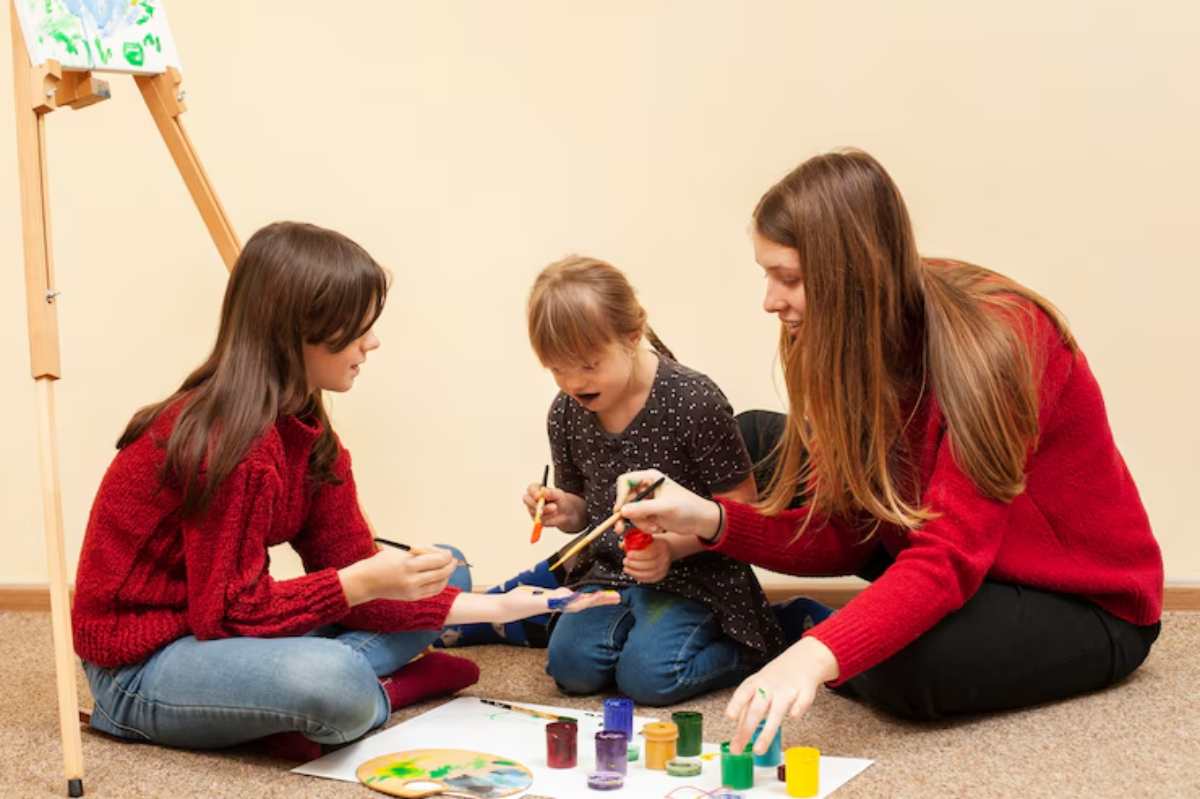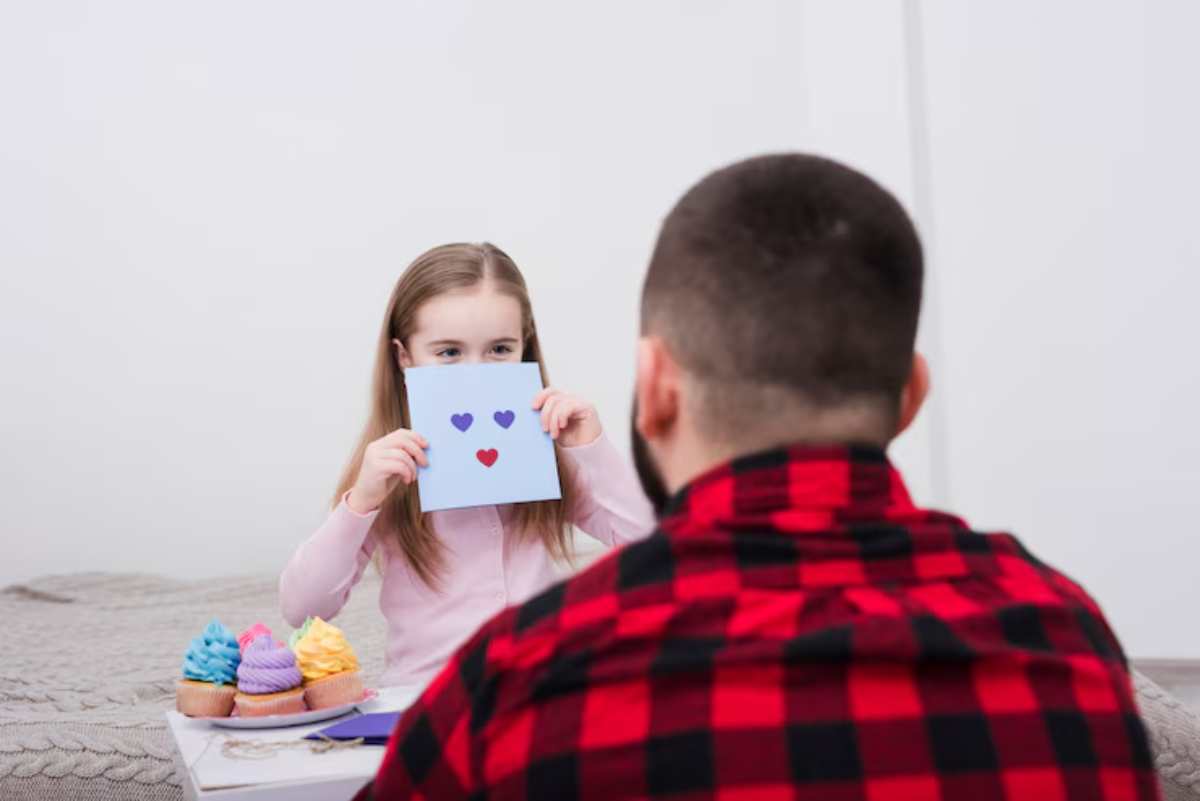
Managing Emotions While Parenting Through Separation
Separation and divorce can be highly charged emotionally, and children simply make it more complicated. It can be overwhelming to navigate change, loss and uncertainty while parenting. Finding your own emotional equilibrium isn’t just about self-care; it affects your child’s sense of stability and security.
Parenting during separation requires more than planning. It needs emotional regulation, clear communication, and a focus on your child’s needs. This blog explains why emotional regulation is important. It shows how it helps your parenting and offers practical tips to keep you grounded.
Why It Matters
The Emotional Ripple Effect
Children are sensitive to their caregivers’ emotions. When a parent appears anxious, angry, or withdrawn, it can confuse and frighten children. Resilient and self-regulated parents create a stable emotional environment. This holds true even during major changes.
Maintaining Effective Parenting
High emotions can make it tough to stay present and calm with your kids. Emotional dysregulation can lead to reactive parenting, like yelling or making hasty decisions. Managing your feelings helps you be a better parent, no matter your relationship with your co-parent.
Reducing Conflict and Protecting Mental Health

Unmanaged emotions during separation can spark ongoing conflict between co-parents. This tension can affect legal matters, slow healing, and create a hostile atmosphere for children. Managing your emotions helps you interact better with your ex. It also safeguards your mental health.
Key Benefits of Emotional Regulation During Separation
1. Creating Emotional Safety for Your Child
Children need emotional safety to thrive. When you model calmness and awareness, they learn it’s okay to feel strong emotions. They also see that feelings can be managed and expressed healthily.
2. Fostering Clearer Communication
Staying calm allows for better communication with your child and co-parent. Emotional regulation reduces the chance of outbursts, misunderstandings, and passive-aggressive behaviour.
3. Supporting Long-Term Relationship Health
Your relationship with your partner has changed, but you’ll still co-parent together. Managing emotions helps you work together. This builds a healthier parenting relationship for the long run.
4. Strengthening Your Emotional Resilience
Practising emotional regulation builds long-term emotional strength. The skills you develop can support your growth well beyond the separation period.
Practical Tools for Emotional Regulation
Recognise and Name Your Emotions
Identify what you’re feeling—anger, sadness, guilt, fear, or relief. Naming your emotions is a powerful first step in managing them.
Try:
- Journaling your feelings
- Using an emotion wheel
- Talking with a therapist or trusted friend
Use Grounding Techniques
When emotions feel overwhelming, grounding techniques can help you return to the present moment.
Examples include:
- Deep breathing exercises
- 5-4-3-2-1 sensory awareness (noticing 5 things you see, 4 you feel, etc.)
- Walking or stretching
Set Emotional Boundaries
It’s okay to set limits on discussions you’re ready to have. Emotional boundaries protect your well-being and allow you to process feelings at your own pace.
Examples:
- “Let’s take a break and talk tomorrow.”
- “I need time to think before responding.”
Create Predictable Routines
Consistent routines provide comfort during uncertain times. Sticking to schedules for meals, bedtime, and school can ground both you and your child emotionally.
Seek Out Healthy Outlets
Channelling emotions into positive outlets lowers the risk of explosive reactions.
Consider:
- Talking to a counsellor or joining a support group
- Exercising regularly
- Practising mindfulness or meditation
Additional Expert Tips & Common Mistakes to Avoid
Expert Tips to Support Yourself and Your Child
- Normalise Conversations Around Feelings: Encourage your child to talk about their feelings. Model openness to yourself, using age-appropriate language to validate their emotions.
- Focus on What You Can Control: You can’t control your ex-partner’s actions or every situation. But you can control how you show up for your child, react, and care for yourself.
- Keep Adult Talks for Adults: Don’t talk about legal issues, money, or personal matters about your ex in front of your child. They shouldn’t feel caught in the middle.
- Make Time for Emotional Check-Ins: Spend five minutes each day checking in with your child. Ask about their day or how they feel. This helps keep emotional communication open.
Common Pitfalls to Watch For
Suppressing Emotions: Bottling up feelings may seem strong, but it can lead to burnout or outbursts. Healthy expression is essential.
Over-sharing with Children: While honesty is important, too much information can overwhelm children. Keep explanations simple and focused on their needs.
When anger influences parenting decisions, it can lead to harm for children. Aim for objectivity in decisions about time-sharing, discipline, or routines.
Neglecting Your Own Needs: Parents often focus on their child’s needs and forget their own. Prioritise self-care to stay balanced and avoid burnout.
Advanced Insights and Expert Recommendations

When to Seek Professional Help
If you feel sad, angry, or anxious often, it might help to talk to a therapist for support with parenting. Professional help is a step toward healing.
Family therapists, parenting coaches, and support groups for separated parents offer helpful tools and insights.
The Power of Co-Regulation
Co-regulation happens when parents stay calm to help kids manage their emotions during tough times. This is especially effective during transitions like separation.
Key strategies include:
- Offering hugs or a calm presence during outbursts
- Naming and validating emotions
- Practising breathing together
Anticipating Emotional Triggers
Common triggers during separation include drop-offs, missed milestones, or holidays. Planning your responses can reduce emotional overwhelm when these moments arise.
Try:
- Creating a transition ritual for drop-offs
- Planning alternative celebrations for missed holidays
- Practising self-talk to stay grounded
Cultivating Emotional Intelligence in Your Child
Children learn emotional regulation by watching us. Use this time to teach them emotional vocabulary, coping strategies, and resilience. The lessons they learn now will serve them for life.
Nurturing Emotional Strength Through Transition
Don’t get me wrong, being a parent through separation is no walk in the park, but it can build emotional strength and create an enduring bond with your child. You liberate yourself from the poison of malevolent feelings and free yourself to be a comfort for your little one.
Remember, you’re not alone. With the proper tools and a strong support network, you can parent with grace. In the midst of hard times, commit to being self-aware. By doing so, you will help your child learn that emotions, no matter how big, can be met with calm, courage, and compassion.


